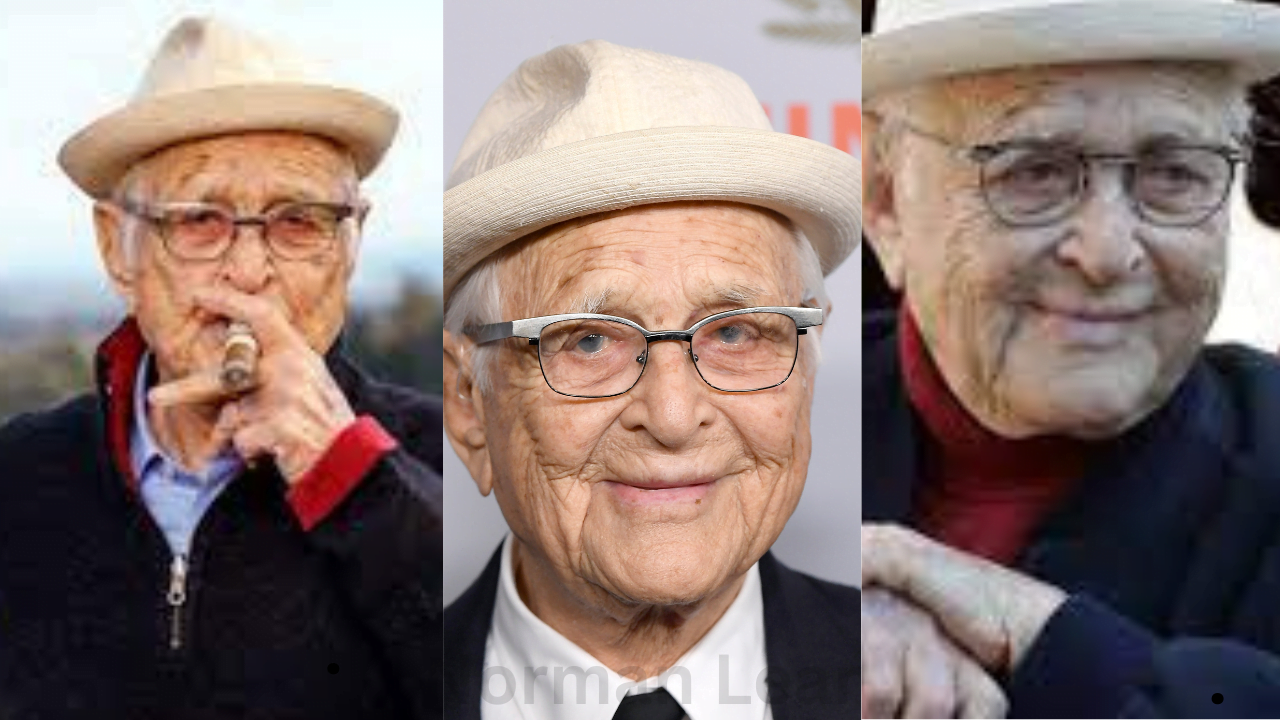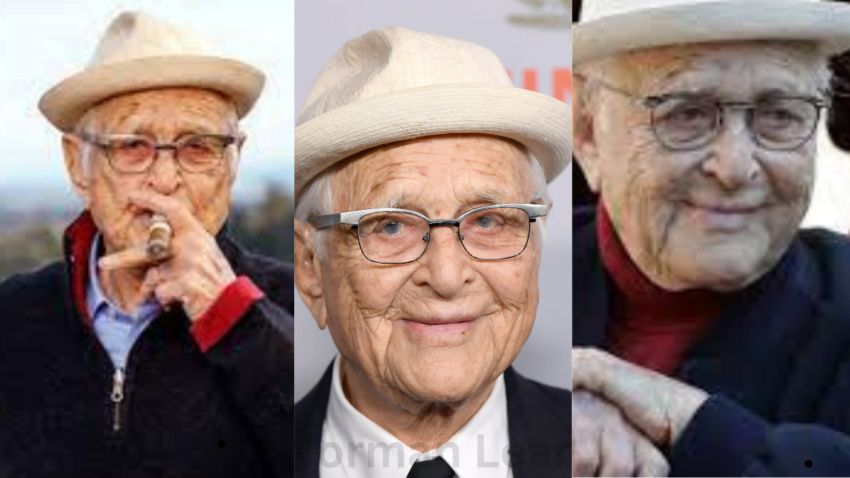
Norman Lear, the luminary architect of American television, has bid farewell at the venerable age of 101, leaving behind a legacy woven with threads of curiosity, resilience, and empathy. His familial tableau vividly depicts a life marked by an insatiable appetite for knowledge, a deep-seated love for his homeland, and an unyielding commitment to the bedrock principles of justice and equality.
Originating from the picturesque landscape of New Haven, Connecticut, Lear’s narrative embarked on a distinct trajectory when, in 1942, he departed Emerson College in Boston to serve in the crucible of World War II. As a B-17 radio operator and gunner, he soared through the skies on 52 combat missions, garnering accolades such as the Air Medal adorned with four Oak Leaf clusters.
Post-military odyssey, Lear’s foray into television commenced in 1950 when he and Ed Simmons lent their quills to the “The Ford Star Revue.” A brief stint blossomed into a collaboration with Jerry Lewis on “The Colgate Comedy Hour,” catapulting Lear into the limelight.
While Lear’s cinematic prowess earned him an Oscar nomination in 1967 for “Divorce, American Style,” the zenith of his television reign unfolded in the 1970s with the revolutionary “All in the Family.” This sitcom, a comedic prism that fearlessly refracted societal taboos including race, Vietnam, abortion, gay rights, and rape, became a cultural crucible.
The triumphant echoes of “All in the Family” reverberated through iconic spin-offs like “Maude” and “The Jeffersons,” testaments to Lear’s adeptness at infusing social commentary into the sitcom milieu. “Maude” confronted controversial subjects, navigating the treacherous terrain of accidental pregnancy and the choice of abortion, while “The Jeffersons” mirrored societal evolution through the eyes of African American characters.
Lear’s creative alchemy extended to “Good Times,” delving into the crucible of poverty and inner-city challenges, and “One Day at a Time,” tenderly portraying the tribulations of a divorced single mother.
Beyond the realm of entertainment, Lear emerged as a fervent activist. In 1980, he birthed People for the American Way, a bastion of the Bill of Rights. His environmental ardor materialized in the form of the Environmental Media Association.
Adorned with the National Medal of Arts by President Bill Clinton in 1999, Lear’s impact transcended accolades. Even as the centenary approached, he orchestrated resounding revivals, including a Latina-led remake of “One Day at a Time” for Netflix and star-studded “LIVE from a Studio Audience” specials on ABC.
Six Emmy Awards, two Peabodys, and a place in the Television Academy Hall of Fame stand testament to Lear’s indelible imprint on American culture. The Kennedy Center Honors in 2017 celebrated his enduring contributions.
Survived by his third wife Lyn, Lear leaves behind a tapestry of family, six children, and grandchildren. His journey, an interweaving of creativity, activism, and storytelling, eternally etched in the annals of television history.

Avinash Poojari is the owner of ComClone News website. He is an accomplished author specializing in the field of information technology. With a Master’s degree in Information Technology, Avinash hails from Mumbai. Passionate about researching breaking news, he is dedicated to providing accurate and up-to-date information to his readers.

